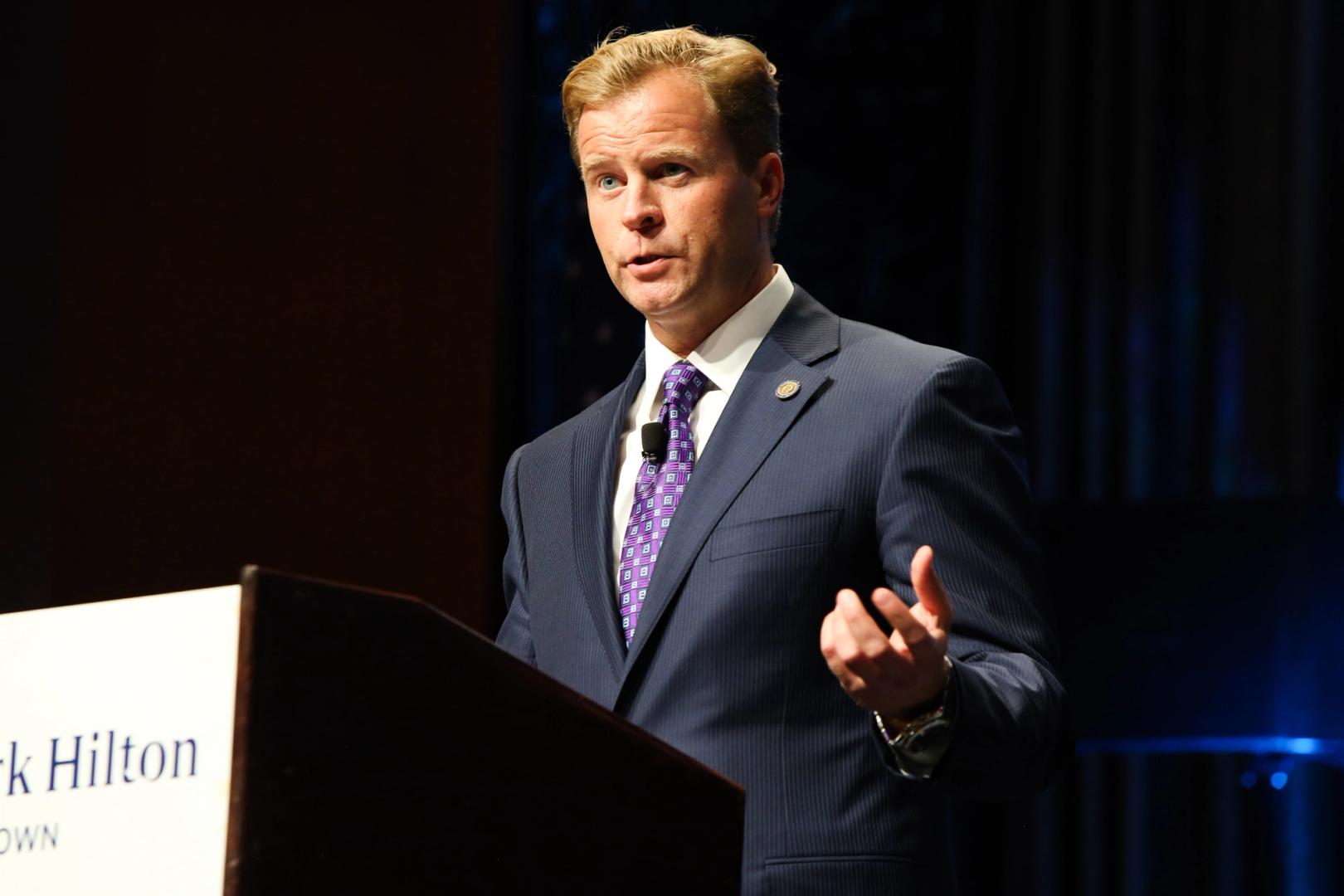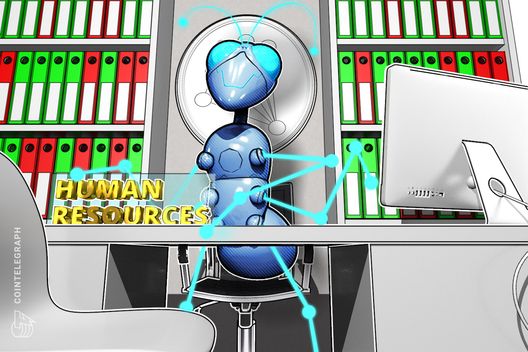NEW YORK, New York — The U.S. Treasury Department’s Office of Foreign Asset Control’s (OFAC) sanctions against privacy tool Tornado Cash cannot be discussed at the upcoming trial of developer Roman Storm, a federal judge ruled Tuesday.
At a status conference in Manhattan on Tuesday, District Judge Katherine Polk Failla initially waffled on whether she would allow expert witnesses to testify about the sanctions, which were initially imposed in August 2022, removed this March and subsequently found illegal by a Texas court.
After hearing arguments from both the prosecution and the defense, Failla decided to grant Storm’s motion in limine moving to prohibit testimony about the sanctions entirely, arguing that it would simply be too confusing for a jury to do what she described as the “mental gymnastics” of understanding why the sanctions were imposed and ultimately removed.
“I am going to preclude references to the August 2022 OFAC sanctions,” Failla said, with the caveat that she was leaving open the possibility of a “unicorn document” — a key piece of evidence for the prosecution that hinged on Storm’s alleged conduct after the sanctions were imposed — that could change her mind before the trial begins. Failla gave prosecutors until Wednesday to submit any such piece of evidence. The judge had ruled earlier Tuesday that the parties would not be allowed to discuss the Van Loon v. Treasury Department case which ultimately led to the sanctions being dropped.
The rest of Storm’s motions in limine (a type of pretrial motion to exclude certain evidence or arguments from being allowed during trial) were denied, including a motion to preclude references to North Korea’s state sanctioned hacking group, the Lazarus Group, and a motion to preclude “inflammatory characterizations" of Storm’s TORN sales. Earlier in the day, prosecutors said they planned to introduce evidence demonstrating that Storm profited handsomely from his involvement in Tornado Cash, including allegedly purchasing multiple homes and selling $12 million worth of TORN tokens after OFAC sanctioned Tornado Cash.
Prosecutors said they do not plan to argue at trial that Storm violated the Bank Secrecy Act (BSA) by not implementing a know-your-customer/anti-money laundering protocol for Tornado Cash, only to express through their expert witness testimony that he could have and chose not to.
Failla also ruled to allow the government to produce evidence from Storm’s fellow Tornado Cash developer Alexey Pertsev’s phone. The Dutch government allowed a U.S. Federal Bureau of Investigation (FBI) agent to view a report of the contents of Pertsev’s phone, from which the agent made his own report with selected pieces of information. Storm’s defense attempted to get the Pertsev phone evidence tossed out, arguing that the report was cherry-picked and impossible to authenticate, but the judge sided with the prosecution, ruling that the report was admissible.
After much back and forth between the parties over their respective expert witnesses, Failla ruled that all of the witnesses could testify, though she put some guardrails on certain witnesses for both sides.
It is not yet clear whether Storm will testify in his own defense, though Failla said Tuesday that, should he take the stand, he will not be permitted to argue that he had First Amendment protections in his work with Tornado Cash.
Failla said that Storm was free to discuss his belief in privacy rights, but said: “I don’t think free speech or First Amendment rights should come up at this trial.”
A final pre-trial conference will be held telephonically at 3 pm ET on Friday. Storm’s trial is slated to begin June 14 and is expected to run for four weeks.

 2 months ago
87
2 months ago
87








 English (US) ·
English (US) ·